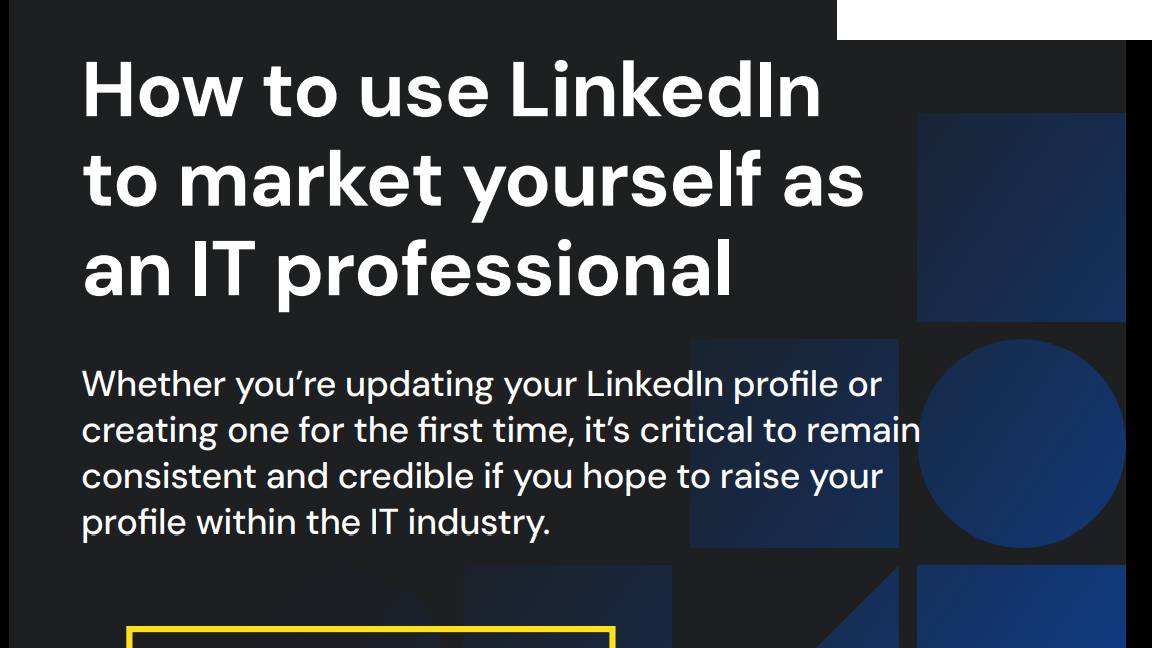Email: Dead or alive?
With the rise of social networks and other communications, we explore whether email's existence is under threat.


Sign up today and you will receive a free copy of our Future Focus 2025 report - the leading guidance on AI, cybersecurity and other IT challenges as per 700+ senior executives
You are now subscribed
Your newsletter sign-up was successful
The end of email would not just be down to limitations in the technology, however.
The generation gap is major issue although one linked to the inexorable rise of social networks. The suggestion seems to be the older demographic will take email with them to their grave, and there it will remain.
Research from the University of Kent last year showed most youngsters prefer shorter, Twitter-like messages. Only around half of the tech-savvy respondents in their late teens or early 20s said they use email regularly.
Instead, youngsters are using a combination of Twitter, Facebook, texting and instant messaging. For those aged 15-24, 86 per cent were found to use email to some extent, compared to 98 per cent for people 65 and older.
TalkTalk, which went to the extent of calling email "grey mail," said the comments from communications director Mark Schmid still stood: "Based on the trends we're seeing now, email could well be on its last legs by the end of the next decade."
Boue told IT PRO that Generation Y is used to leveraging a much wider range of communications tools and this will be a driver behind the demise of email.
"They're entering the workspace now and they are asking what tools have you got?'"
Sign up today and you will receive a free copy of our Future Focus 2025 report - the leading guidance on AI, cybersecurity and other IT challenges as per 700+ senior executives
In today's environment, businesses are looking to see how other communication technologies are being adopted and developed, rather than watching email's evolution, he added.
Life: Part I
So, some are getting the shovels ready for email's burial, after less than 40 years of it being alive. But is the anti-email crowd being too hasty in bringing out the casket?
Paul Anderson, strategic consultant at email marketing software provider Emailvision, had a simple but strong argument for the survival of the communication: it is just too entrenched in our daily lives to disappear.
"Email is still the number one method that people use to communicate back and forth with one another," Anderson told IT PRO.
Furthermore, from a business perspective, email is still the most responsive direct marketing tool around, he said.
In response to claims social networking will displace email, Anderson said his belief is email is actually "the glue that binds social media together", highlighting that email being required to sign up to social media services.
"The reports of the death of email have been greatly overplayed, I suspect," he added.
"People talk about the changes in the demographics. I've heard people say email is old people's technology and SMS or social media is now the preferred communication choice of young people. Again the reality is somewhat different."
Youngsters are using social networks, but they are also using their mobile devices to send email a lot more, said Anderson, who also works with young adults at the University of Hull and knows a thing or two about what technologies are popular with the youth of today.
As for anyone arguing email is not developing enough, Anderson noted how it has adapted to modern technologies and with the rise of smartphones, email has actually seen a boom in uptake.
Tom Brewster is currently an associate editor at Forbes and an award-winning journalist who covers cyber security, surveillance, and privacy. Starting his career at ITPro as a staff writer and working up to a senior staff writer role, Tom has been covering the tech industry for more than ten years and is considered one of the leading journalists in his specialism.
He is a proud alum of the University of Sheffield where he secured an undergraduate degree in English Literature before undertaking a certification from General Assembly in web development.
-
 AWS CEO Matt Garman isn’t convinced AI spells the end of the software industry
AWS CEO Matt Garman isn’t convinced AI spells the end of the software industryNews Software stocks have taken a beating in recent weeks, but AWS CEO Matt Garman has joined Nvidia's Jensen Huang and Databricks CEO Ali Ghodsi in pouring cold water on the AI-fueled hysteria.
-
 Deepfake business risks are growing
Deepfake business risks are growingIn-depth As the risk of being targeted by deepfakes increases, what should businesses be looking out for?
-
 Shadow AI can be a tool for AI innovation with the right controls, say Gartner analysts
Shadow AI can be a tool for AI innovation with the right controls, say Gartner analystsNews Data-driven messaging and a supportive approach to securing AI tools are necessary for security staff looking to balance AI risks and unlock better funding
-
 How to use LinkedIn to market yourself as an IT professional
How to use LinkedIn to market yourself as an IT professionalwhitepaper Whether you’re updating your LinkedIn profile or creating one for the first time, it’s critical to remain consistent and credible if you hope to raise your profile within the IT industry
-
 Generative AI has had "no material impact" on IT spending
Generative AI has had "no material impact" on IT spendingNews 2025 could be a watershed year for generative AI-related IT spending
-
 More than half of firms now using generative AI
More than half of firms now using generative AINews Nearly half of firms are now using generative AI tools in full production, compared to just 4% in March
-
 Gartner urges CISOs to adopt new forms of trust and risk management for AI
Gartner urges CISOs to adopt new forms of trust and risk management for AINews CISOs will need to deploy new strategies for best-case implementations of AI
-
 AI security tools see mounting investment as businesses scramble to mitigate generative AI’s issues
AI security tools see mounting investment as businesses scramble to mitigate generative AI’s issuesNews Generative AI providers don't currently have the confidence of business leaders when it comes to sending sensitive data to their clouds
-
 Software engineers must embrace generative AI or risk job progression, Gartner says
Software engineers must embrace generative AI or risk job progression, Gartner saysNews Leaders will be expected to embrace more nuanced skills related to generative AI as its popularity builds
-
 AI chips revenue to reach $53 billion in 2023, Gartner predicts
AI chips revenue to reach $53 billion in 2023, Gartner predictsNews Demand for customized AI hardware is driving huge growth in the market
